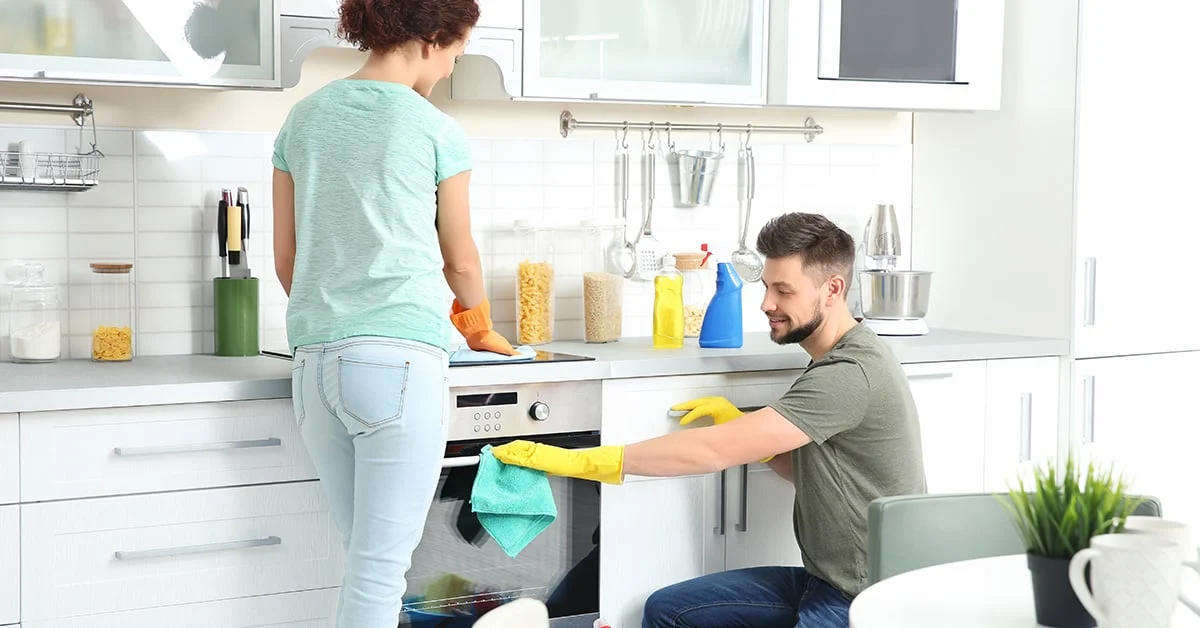The Key to Access: A Comprehensive Guide for Rentals
One of the foundational aspects of a rental agreement is establishing guidelines for property access.
Both landlords and tenants have rights and responsibilities when it comes to keys and entering the rental property. This article aims to provide a balanced perspective on what Queensland landlords and tenants need to know about keys and access to ensure a harmonious rental experience.
Section 1: Initial Key Handover
The First Step in Your Rental Journey
Upon signing the lease and before moving in, the tenant typically receives a set of keys for the property.
For Landlords:
Provide Adequate Keys: Supply a full set of keys to at least one tenant listed on the lease agreement and supply main access keys to each tenant listed on the lease agreement.
Key Receipt: Make sure to document the handover with a signed and dated receipt that details the number and types of keys provided.
For Tenants:
Verify All Keys: Make sure all keys (front door, back door, mailbox, etc.) work correctly.
Document Condition: Take note of the condition of locks and keys as you'll need to return them in the same state.
Section 2: During the Tenancy
Who Holds the Key?
For Landlords:
Access Rights: You may hold a master key but remember you can't enter the property without giving proper notice, except in emergencies.
Lost Keys: If a tenant loses a key, it’s generally their responsibility to pay for a replacement.
For Tenants:
Security: Keep your keys in a secure place and don’t lend them to anyone not listed on the lease.
Lost Keys: Inform your landlord or property manager immediately if you lose your keys. You may be liable for the cost of replacing locks if security is compromised.
Section 3: Lock Changes and Upgrades
A Tight Lock Keeps a Strong House
For Landlords:
Lock Changes: If you need to change locks during the tenancy (e.g., for security upgrades), proper notice must be given.
Costs: Generally, landlords bear the cost for necessary lock changes unless the tenant is at fault for the need to replace them.
For Tenants:
Requesting Changes: If you wish to change the locks for security reasons, you must get the landlord's consent.
Sharing New Keys: If the locks are changed, provide a new set to the landlord as soon as possible.
Section 4: Ending the Tenancy
The Final Turn
For Landlords:
Return of Keys: Ensure all keys are returned and confirm their receipt in writing.
Check Locks: Inspect locks for any wear and tear or damage.
For Tenants:
Returning Keys: Make sure to return all keys you were provided, even those you might have duplicated.
Final Inspection: Arrange a time for the final inspection once all keys are returned, to discuss the return of your bond.
Understanding tenant rights and landlord responsibilities around keys and access to rental properties can go a long way in fostering a peaceful landlord-tenant relationship. Always consult your lease agreement and local regulations for specific guidelines.
Aiding Your Rental Experience with LJ Hooker Property Partners
Navigating the intricacies of property access doesn’t have to be complicated. At LJ Hooker Property Partners, our experienced property managers ensure a hassle-free experience for both landlords and tenants. If you're in Brisbane and have queries about keys, locks, and access to your rental property, feel free to contact us for professional advice.
Share



